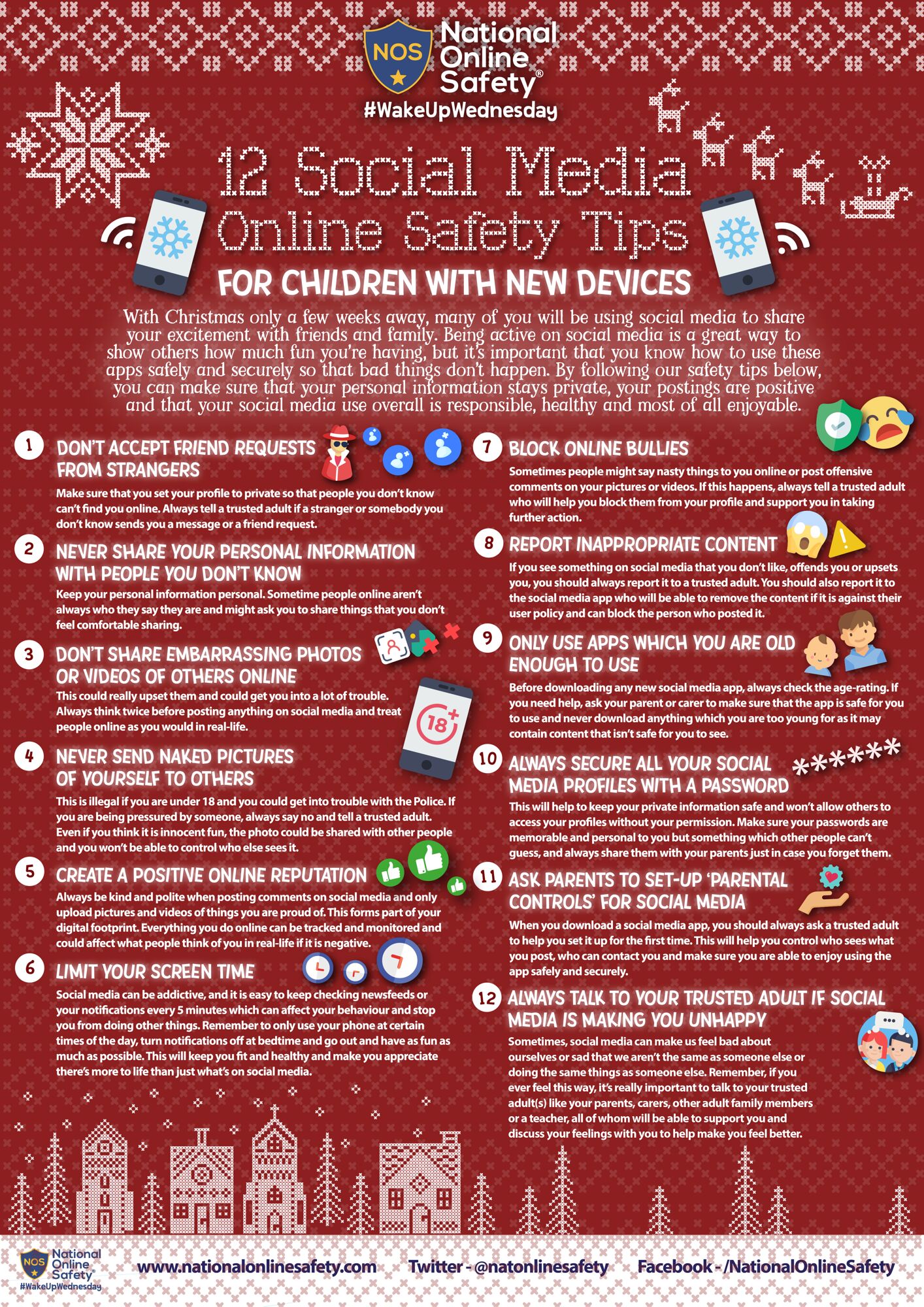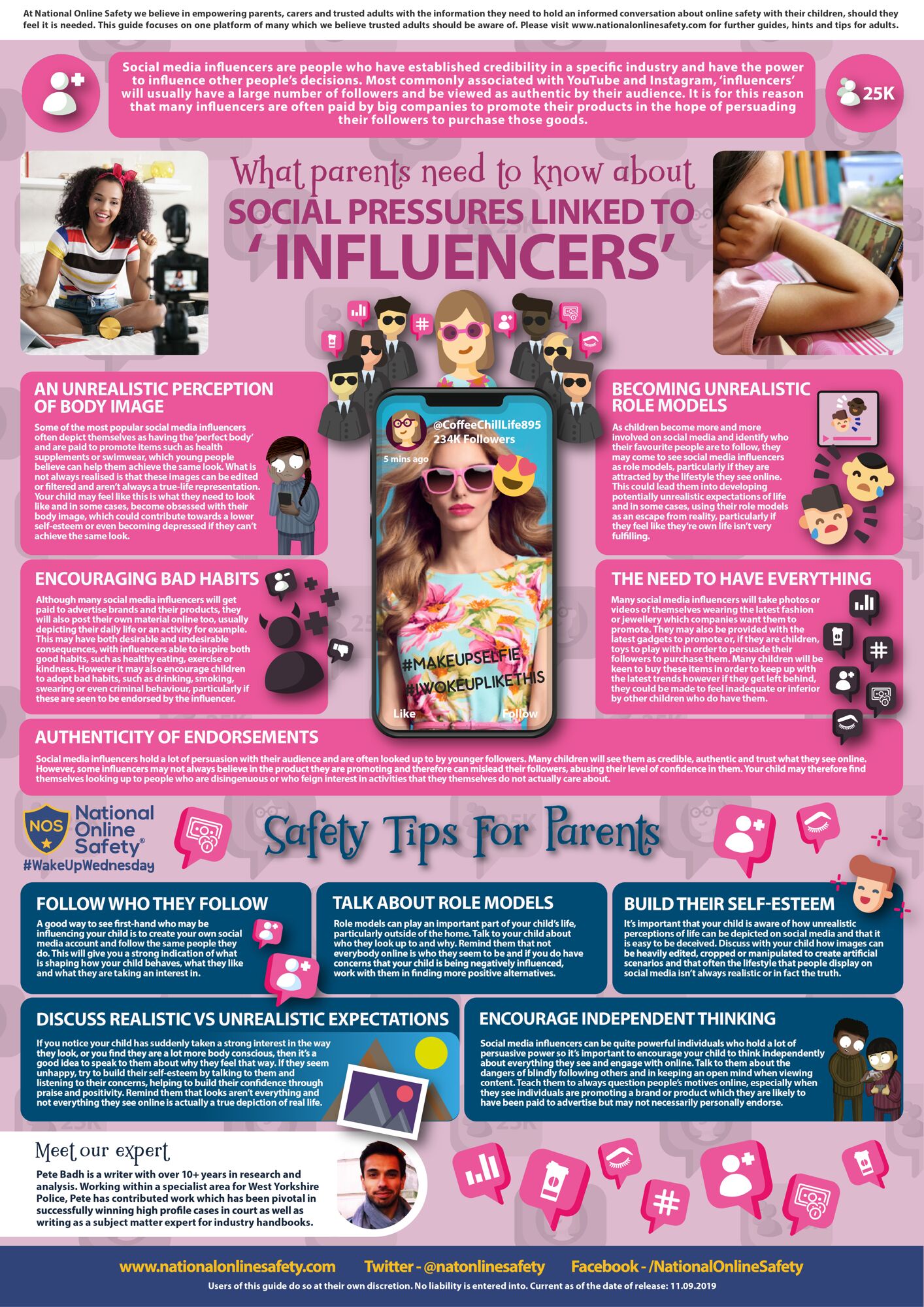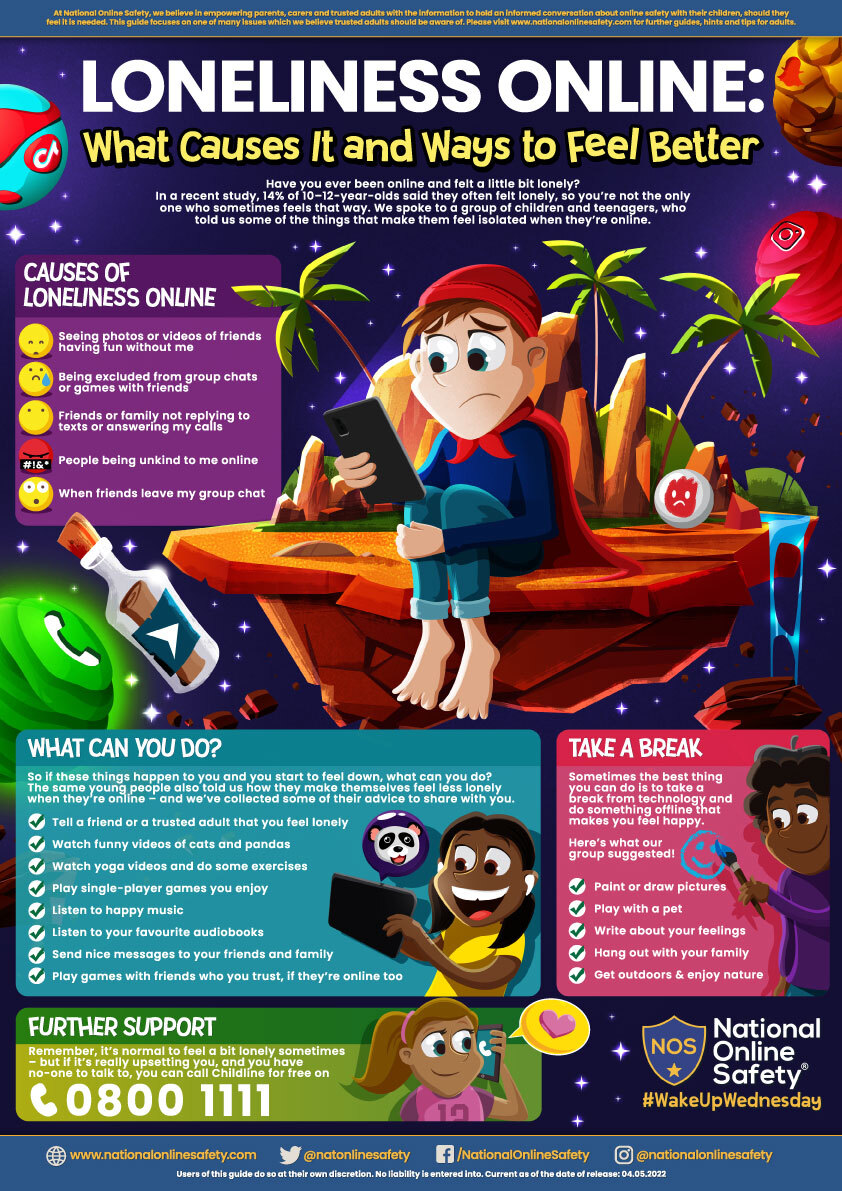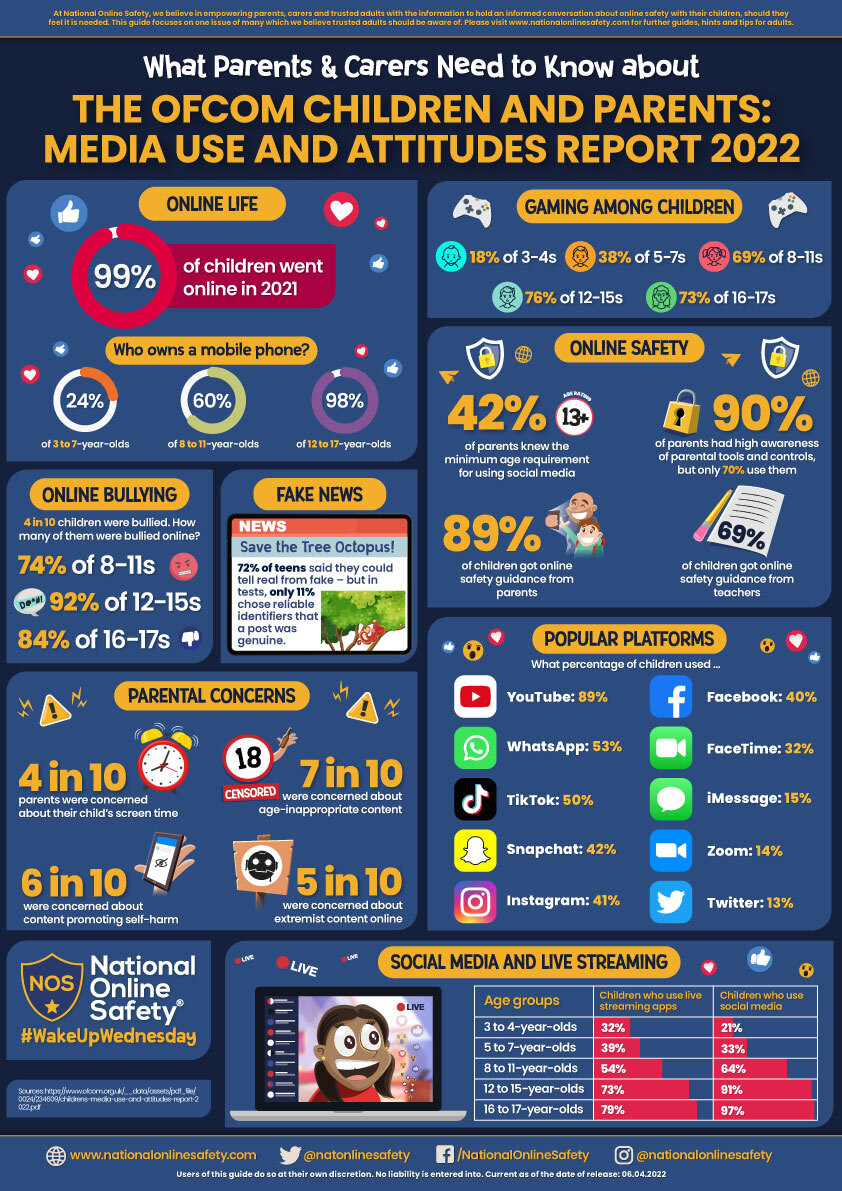Mental Health and Student Support
Its okay to ask for help. You don't have to fight your battles alone, talk to our mental health aider, Mrs Collop (Year Care Team)
https://yctsupport.com YCT is a counselling and therapeutic support charity. We specialise in supporting children and young people aged 5 – 25 years, their families and the professionals who work with them.
https://www.rethink.org Information on mental health for people with experience of mental illness and the people who care for them.
Samaritans Offers a 24-hour helpline for anyone who is distressed or experiencing emotional problems. Telephone: 08457 90 90 90
Support LineOffers confidential support and advice by telephone, email and post. Provides an A-Z listing of free fact sheets about the problems and difficult issues many young people can face, Telephone: 01708 765 200 Email: info@suportline.org.uk
The Site Provides a wide range of information about issues that affect young people. The Health and wellbeing section provides an extensive range of factsheets about the mental health disorders and problems.
https://youngminds.org.uk/ A one stop shop for all mental health needs. There is specific advice for parents.
www.themix.org.uk The Mix is the UK’s leading support service for young people. We are here to help you take on any challenge you’re facing - from mental health to money, from homelessness to finding a job, from break-ups to drugs. Talk to us via online, social or our free, confidential helpline.
https://mentalhealthliteracy.org/ They offer nearly all resources, reports, and publications free of charge. They are categorized by who could use them, what they represent and the modality they present in. Explore all of the resources to better understand a holistic perspective with a singular focus on bettering the lives of our youth.
https://www.headstogether.org.uk/ Heads Together is a mental health initiative spearheaded by The Duke and Duchess of Cambridge and Prince Harry, which combines a campaign to tackle stigma and change the conversation on mental health with fundraising for a series of innovative new mental health services.
http://www.rcpsych.ac.uk/healthadvice/problemsdisorders/copingafteratraumaticevent.aspx This website is aimed at helping people cope after a traumatic event.
https://www.nspcc.org.uk/what-we-do/news-opinion/supporting-children-worried-about-terrorism/ This website is aimed at supporting children that are worried about terrorism. In addition Police have issued new guidance to young people about what to do in the event of a terror attack. If you're concerned about how a child is feeling following recent attacks or would like advice on how to talk to your children about terrorism, you can call the NSPCC helpline on 0808 800 5000.
5 Ways to Well-being
Adapted from New Economics Foundation https://www.gov.uk/government/publications/five-ways-to-mental-wellbeing
-
Be active
Go for a walk or run. Step outside. Cycle. Play a game. Garden. Dance. Exercising makes you feel good. Most importantly, discover a physical activity you enjoy and that suits your level of mobility and fitness.
-
Keep learning
Try something new. Rediscover an old interest. Sign up for that course. Take on a different responsibility at work. Fix a bike. Learn to play an instrument or how to cook your favourite food. Set a challenge you will enjoy achieving. Learning new things will make you more confident as well as being fun.
-
Take notice
Be curious. Catch sight of the beautiful. Remark on the unusual. Notice the changing seasons. Savour the moment, whether you are walking to work, eating lunch or talking to friends. Be aware of the world around you and what you are feeling. Reflecting on your experiences will help you appreciate what matters to you.
-
Give
Do something nice for a friend, or a stranger. Thank someone. Smile. Volunteer your time. Join a community group. Look out, as well as in. Seeing yourself, and your happiness, linked to the wider community can be incredibly rewarding and creates connections with the people around you.
-
Connect
With the people around you. With family, friends, colleagues and neighbours. At home, work, school or in your local community. Think of these as the cornerstones of your life and invest time in developing them. Building these connections will support and enrich you every day. This is the key focus of our Well-Being Wednesday.
Online Safety Resources for parents and carers:
- Internet Matters – a not-for-profit organisation set up to empower parents and carers to keep children safe in the digital world. Their support for parents includes a range of downloadable guides covering subjects such as transition to secondary school, Vlogging & livestreaming, online gaming and cyberbullying
- NSPCC - includes a range of resources to help parents keep children safe when they're using the internet, social networks, apps, games and more
Online Safety Resources for pupils:
- BBC Own It - support for young people to take control of their online life, including help and advice, skills and inspiration on topics such as friendships and bullying, safety and self-esteem
- Childline – includes information for pupils on sexting, gaming, grooming, bullying, porn, relationships.
- There are further resources for schools on Essex Schools Infolink / online safety, The Essex Safeguarding Children Board also has a lot of information about Online Safety (escb.co.uk) and parents can be directed to the website.
Online Convo Starters
YoungMinds Crisis Messenger
The YoungMinds Crisis Messenger text service provides free, 24/7 crisis support across the UK. If you are experiencing a mental health crisis and need support, you can text YM to 85258.
We know that finding the right support is important, especially if you need someone to talk to right now. We aim to connect every texter to a trained volunteer promptly to provide crisis help. They will listen to you and help you think more clearly, enabling you to know that you can take the next step to feeling better.
The YoungMinds Crisis Messenger is powered by our trusted partners Shout and Crisis Text Line.
It is free and confidential to text our service from the following major networks:
EE, O2, Three and Vodafone.
These include - BT Mobile, Tesco Mobile, Virgin Mobile, iD Mobile, Sky, Telecom Plus, Lebara and GiffGaff. Some Android phones issue a warning that you will be charged for texting us, provided you are on one of these networks this warning is incorrect and you will not be charged. If you text us from a network that is not on this list there is a possibility that you may be charged for the messages an that they may appear on your bill, this is because some networks do not provide the capability to message short codes.
How does it work?
The trained volunteer will introduce themselves, reflect on what you’ve said, and invite you to share how you’re feeling. You’ll text each other, only sharing what you feel comfortable with. By asking questions, listening to you and responding with support, they will help you think through your feelings until you both feel you are now in a calm, safe place. You might be signposted to other services, so that you can continue to get support.
Our Crisis Messenger service can help with urgent issues such as:
- suicidal thoughts
- abuse or assault
- self-harm
- bullying
- relationship issues
You can text us free and anonymously – although if the volunteer believes you are at immediate risk of harm, they may share your details with people who can provide support.
Social Media And Mental Health

Supporting Parents Help finder (Young Minds)
Times are tough for many people right now. Parents find themselves pulled in many different direction and children may be struggling being in the house for so much longer than usual.
A mixture of concern about Covid, working from home and children at home, along with a possible financial impact make for a stressful household.
Young Minds have created a useful 'Supporting Parents Helpfinder'. By answering six questions, parents can find out how to support their child's mental health during the pandemic (and beyond).
Find the help finder here: https://youngminds.org.uk/supporting-parents-helpfinder/
Mental Health And Wellbeing
Social Pressure And Influencers

Loneliness

Ofcom Media Use And Attitudes



